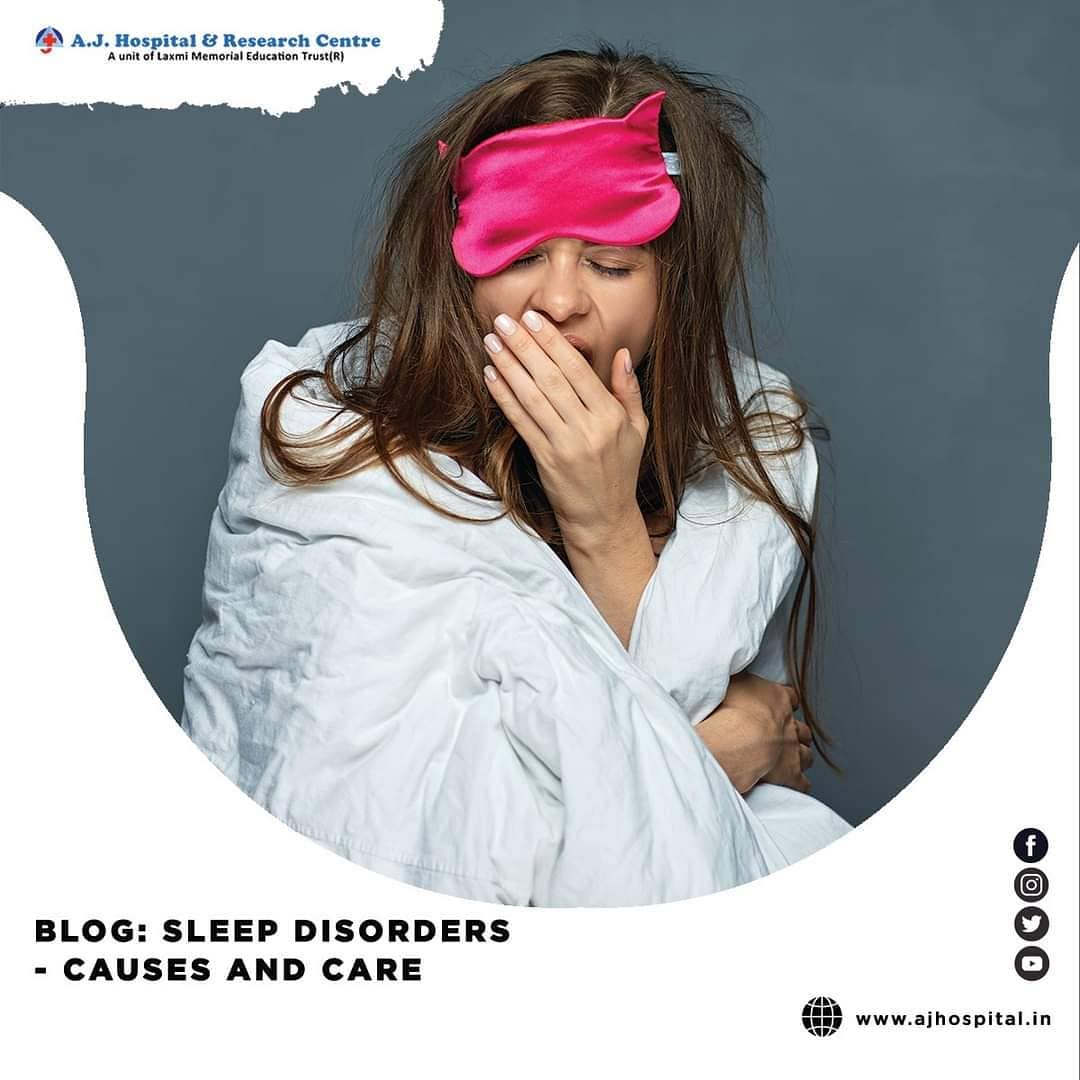.png)
Importance of sleep and the current pandemic
The pandemic continues to affect numerous people access the globe even a full year after the very first outbreak in 2019. The COVID 19 pandemic has brought to the forefront the importance of protecting oneself even as we try to go about our daily routines, while at risk of being exposed to the virus. While having a strong immunity, exercise and a healthy diet are crucial for good health, so is having quality sleep and a timely sleep schedule.
The pandemic has affected people in many different ways and has caused stress levels to dramatically increase. Private as well as work lives have been disrupted in numerous ways, which ultimately affects the sleep. Sleep deprivation or getting less hours of sleep tends to weaken the immune system of the body, making us more vulnerable to the virus. Let’s have a look at how sleep plays a role in keeping us safe and even making us more susceptible to the COVID 19 virus and the habits that can be inculcated to get better sleep.
1. Sleep disruptions
Riding on a wave of anxiety that never crashes about the future or even having to make ends meet can greatly affect sleep. Having children at home while managing the household, uncertainty about jobs and the inability to have regular coping mechanisms such as meeting close family and friends, socialising, etc have inhibited us from dealing with this situation. On top of this, having to live under strict lockdown restrictions has elevated the impact on emotional and mental well-being.
Doomscrolling and doomsurfing are recently added words which refer to consuming endless negative information and news online further leading to feelings of sadness, depression and helplessness. Other detrimental habits such as binge watching television late into the night or simply surfing the internet also interfere with sleep. The blue light that is emitted from the screens signals the brain to stop producing melatonin which is the sleep hormone leading to trouble falling asleep.
.png)
The lockdown has also caused a sudden loss of structure to the day as the whole family is stuck at home. Inconsistently sleeping and waking up at random hours can also make the ability to sleep well, less predictable. Being depressed and having low energy and napping as a result of this can also impact sleep.
2. Bad sleep, bad immune system
Studies have shown that at the molecular level, bad sleep disrupts the immune system as it interferes with disease-fighting factors, such as proteins called cytokines. This means that if you are not getting enough sleep, you could have more trouble dealing with the lifestyle changes imposed by the COVID 19 virus and fighting the infection itself too.
If you are unwell, resting can help you recover faster. It has also been shown that poor sleep can make vaccines less effective by reducing the body’s ability to respond. Numerous studies have shown that poor sleep can lead to cancer, kidney diseases, diabetes, high blood pressure, increased risk of heart disease and even obesity.
As opposed to this, getting a good night’s sleep will improve energy levels, emotional and mental health and improve the immune system. Pre-existing sleep imbalances or sleep disorders lead to health disparities and immunocompromising results such as diabetes and cardiovascular diseases. These conditions are known to increase the susceptibility of a negative outcome related to the Coronavirus.
3. Tips to help improve sleep
Here are some ways in which you can improve your sleep with simple habits:
-
Limiting screen time: Try to turn off all electronic devices at least one hour before bedtime. Leave your devices outside the bedroom so that you are not tempted to check your email or phone. Practice a bedtime routine like listening to calming music, reading, meditating or taking a warm bath, instead.
-
Have a sleep schedule: Try to sleep and wake up at the same time daily, especially during these worrisome times, where the daily routine has been upended. Aim for 7 to 9 hours of sleep each night at least.
-
If you feel exhausted, take a short nap during the day. But avoid taking very long naps, especially later on in the day as these will hinder your sleep at night.
-
If you’re finding it difficult to go to bed, try to cut down on caffeine or nicotine before bed. Similarly, pay attention to the sleeping environment and try to make it conducive to sleep by investing in an eye mask if needed and blackout curtains. Try to cut out any noises that may disturb your sleep.
.png)
All things said, don’t treat sleep like a burdensome task. Instead, try to relax before bedtime and avoid creating more stress. Giving your body enough rest and sleep will allow you to have better days amidst the pandemic. Adequate sleep will also regulate your mood, improve brain function and increase your overall energy and productivity during the day, too.

